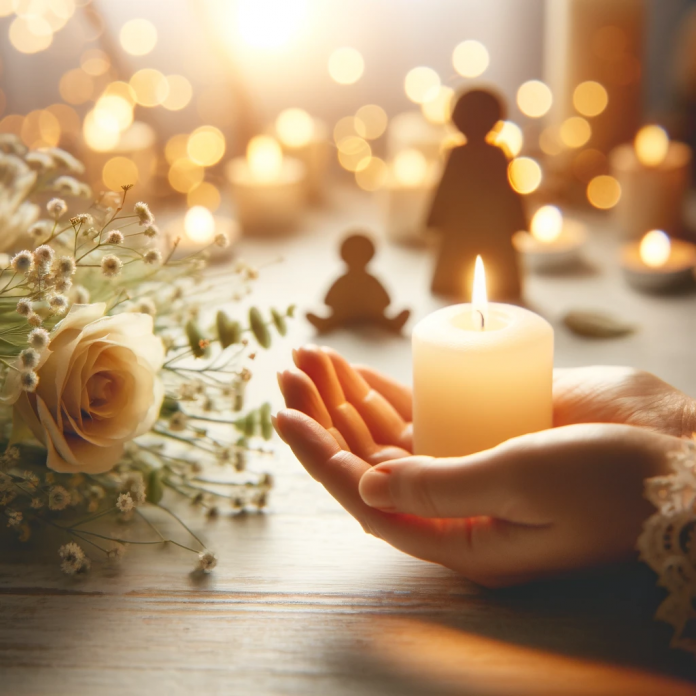Experiencing the loss of a child is a profound and devastating experience. It's a grief that can feel insurmountable, and the journey towards healing is often long and complex. One of the ways that many individuals and families navigate this difficult path is through the use of rituals. These can serve as a means of expressing grief, honoring the child's memory, and finding a sense of peace and closure.
In this exploration, we will delve into the role that rituals can play in coping with child loss. We will look at the psychological benefits of rituals, different types of rituals that can be used, and how to create your own meaningful rituals.
The Psychological Benefits of Rituals
Rituals have been a part of human culture for thousands of years, and they serve a fundamental psychological function. They provide a sense of order and control in a world that can often feel chaotic and unpredictable, especially in the face of profound loss.
Engaging in rituals can offer a number of benefits for those dealing with grief. They can provide a sense of comfort and familiarity, help to process and express emotions, and serve as a reminder of the connection to the loved one who has been lost.
Providing Comfort and Familiarity
In times of distress, the human mind often seeks out what is familiar and predictable. Rituals, with their set patterns and structures, can provide this much-needed sense of stability. They can serve as a touchstone, a point of return when everything else seems to be changing.
Whether it's lighting a candle every night, visiting a special place, or even preparing a favorite meal, these rituals can offer a sense of comfort and continuity in the midst of grief.
Expressing and Processing Emotions
Rituals can also serve as a safe space for expressing and processing emotions. Grief can bring a whirlwind of emotions – sadness, anger, guilt, confusion – and it can often be difficult to express these feelings in words. Rituals can provide a non-verbal outlet for these emotions, allowing for expression and release.
For example, writing a letter to the child who has passed, releasing a balloon in their honor, or creating a piece of art can all serve as powerful emotional outlets.
Connecting with the Lost Loved One
Finally, rituals can serve as a reminder of the connection to the child who has been lost. They can help to keep their memory alive, and provide a sense of ongoing relationship with them.
This can be particularly important for parents, who may feel a deep need to maintain a connection with their child. Rituals can provide a tangible way to honor this bond, and to express love and remembrance.
Types of Rituals
There are many different types of rituals that can be used in coping with child loss. These can range from personal, private rituals to more public, communal ones. The key is to find rituals that are meaningful and comforting to you.
Personal Rituals
Personal rituals are those that are performed alone or with a small, intimate group. These can be particularly powerful, as they can be tailored to the individual's specific needs and preferences.
Examples of personal rituals might include writing in a journal, planting a tree or garden in memory of the child, or creating a special place in the home to honor the child.
Public Rituals
Public rituals are those that are performed in a community setting. These can provide a sense of shared grief and support, and can help to alleviate feelings of isolation.
Examples of public rituals might include memorial services, candlelight vigils, or charity events in the child's name.
Creating Your Own Rituals
While there are many existing rituals that can be used, there is also the option to create your own. This can be a powerful way to honor your child's unique life and personality, and to express your own personal grief and healing process.
When creating your own rituals, consider what was important to your child, what brings you comfort, and what helps you to feel connected to your child. This could be anything from a favorite song, to a special place, to a cherished activity.
Remember, there is no right or wrong way to grieve, and the same is true for rituals. What matters most is that they bring you comfort, help you to honor your child's memory, and support you in your journey towards healing.


-banner.png)





